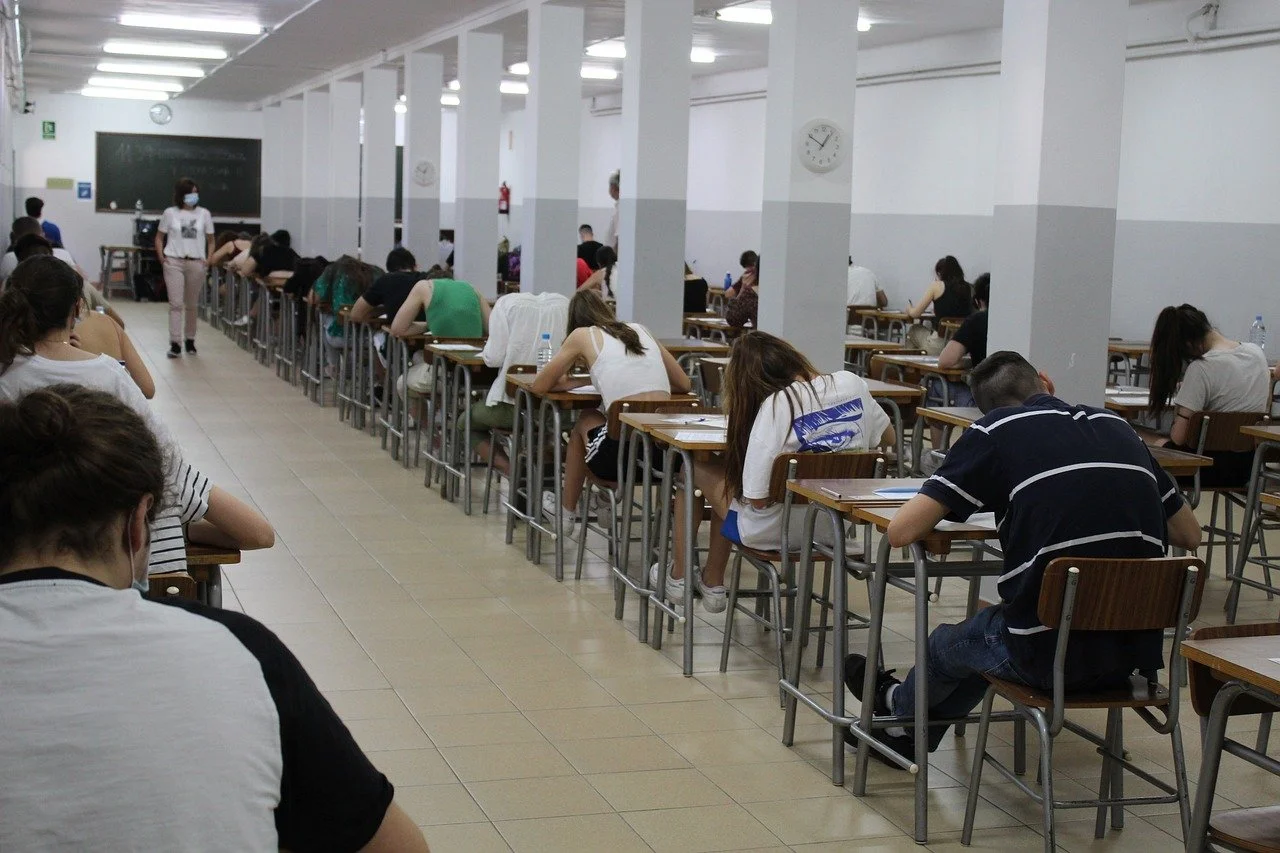In my last blog, I covered a paper I published (1) about questions in class, covert retrieval, and cold calling. The conclusion from this paper, and the blog post covering it, is that inserting questions into a lecture, and encouraging students to covertly retrieve through cold calling, ought to improve learning from a lesson. If time does not permit writing out the answers (one form of overt retrieval), or doing so would disrupt the flow of a discussion, then students should still benefit from bringing the information to mind if they are encouraged to do so fully through cold calling. However, it is often quite difficult to …
All in Learning Scientists Posts
How Does Retrieval Improve New Learning?
While we talk about the benefits of retrieval practice a lot here at the Learning Scientists, we usually talk about the benefits of retrieval practice for already learned information. However, retrieval practice has also been shown to be beneficial for learning new information.
Yerkes-Dodson: Lore, not Law
The Yerkes-Dodson law is used frequently in performance settings. It has been applied to everything from work productivity to sports performance and the impact of anxiety on learning. But how did this research finding become a “law”? And how well has this been replicated?
Questions in Class, Covert Retrieval, and Cold Calling
In a previous blog post about retrieval practice, Cindy asked, is asking questions in class enough? She covered an experiment by Magdalena Abel and Henry Roediger (1) in which students studied Swahili vocabulary in a few different conditions. In one of those conditions, students graded …
Improving Self-Regulated Learning
Self-regulated learning is particularly important in contexts like medical school where learners have to efficiently and independently learn large amounts of information. A recent study with medical students examined the effects of teaching about self-regulated learning and maintaining a learning diary on students’ self-regulated learning and course performance (2)
When is Retrieval Practice Most Efficient?
The research study I’m reviewing today tackles the issue of effectiveness vs. efficiency. In this series of studies, participants either received retrieval practice that was experimenter-controlled or the way that they wanted, which was typically to drop questions. Which one is better?






